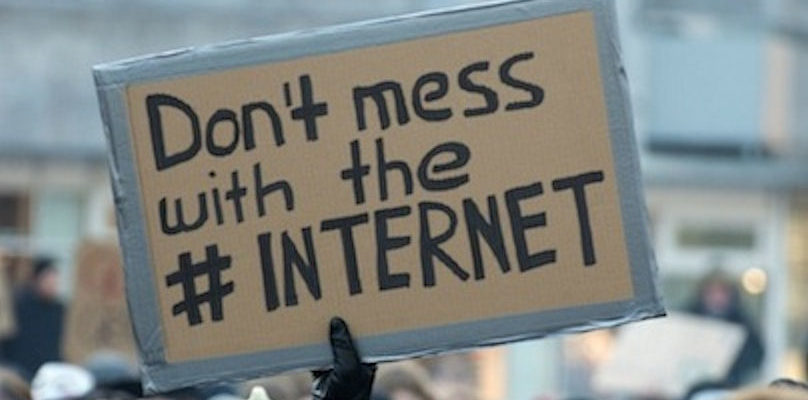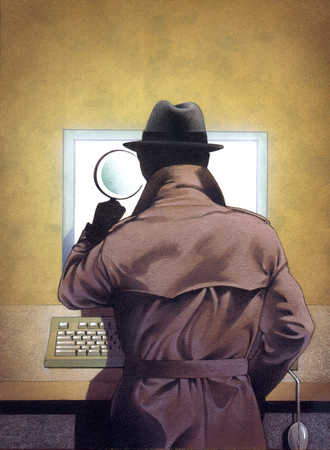
Take a 2-Question Survey here: https://www.surveymonkey.com/r/KK9WV6S
Into our current environment of “fake news” reports and the public’s growing distrust of news sources, has entered another complicating issue and that is deepfakes, totally fabricated videos created with Artificial Intelligence (AI) technology. The overarching problem with deepfakes is that the core societal principle that seeing is believing is being disrupted. Benjamin Franklin’s adage, “Believe none of what you hear and half of what you see,” is taking on new and ominous meaning in the world. The saying, “Don’t believe everything you read,” will soon seem anachronistic in comparison to not being able to believe every video you see.
Then consider the proliferation of video surveillance in public places and the importance of videos as reliable evidence in newsrooms and courtrooms; the existence of deepfakes will call such “irrefutable” proof into question. “What implications does [deepfakes] hold for the integrity of any video in a digital age?” asked Vox.
It may seem that a groundswell of fear is rising in response to the potential impact of deepfakes on contemporary society. Over the past year, news headlines concerning deepfakes warn of the “craze being a harbinger of dystopia;” that deepfake videos “could destroy trust in society,” “undermine democracy” and “may ruin the world.” It’s all very alarming and disconcerting. Yet, outside of members of the media, technology geeks, and students of digital innovation, not many people are aware of this latest, encroaching threat to society, and the general public that’s heard of deepfakes doesn’t seem bothered by the technology’s dystopian effect.
In the Forbes article, “DeepFakes: The Media Talks Politics While The Public Is Interested In Pornography,” the writer researched U.S. and worldwide search analytics to determine the public interest, both nationally and internationally, in deepfakes. The study showed that people expressed more concern or probably curiosity about deepfake pornography than about deepfakes’ potential political ramifications. The article surmises, “the public appears fixated on the application of AI-created imagery to create pornography with little interest in how it may undermine our democratic systems.”
Personally, I am not filled with dread over deepfakes. I consider this innovation as another ambiguous aspect of technology. By the way, deepfake technology has been around for some time; Reddit’s deepfake site existed since 2011 until it was banned in Feb. 2018. Deepfakes can be used for good or evil, much like everything associated with technology’s latest, digital innovations. “It’s easier than ever for programmers to train computers to simulate all kinds of things for our enjoyment, education, and advancement,” Vox magazine writes.
Interestingly, Jordan Peele’s deepfake Obama video, which was supposed to scare the “bejeesuz” out of people only garnered an “imperceptible” spike in public interest according to the Forbes article. In fact, Vox states, “It’s arguable that Peele’s contribution might not actually be helping people understand how serious the potential for reality distortion is, so much as giving them a taste of how fun this tech might be to play around with.”
Generally, regarding deepfakes, awareness is key. In our digital age, a media literate audience will have to look upon certain videos with a jaundiced eye. “Until we, as a group, realize that video is corruptible, we will be shocked over and over,” Cathy O’Neill, a mathematician, told Vox.
“In other words, it’s only a problem because we expect something else when we see a video. If we get used to it, it ceases to be a problem,” she added. “The answer lies in evolving our expectations accordingly.” O’Neill’s final conclusion serves as a great modification of Ben Franklin’s aforementioned maxim for the digital age: “Be skeptical of what we see, what we read, and for that matter what we hear, because sound can be edited as well.”
HOW FEARSOME ARE DEEPFAKES? ANSWER A 2-QUESTION SURVEY!
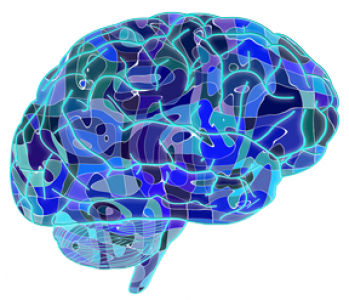
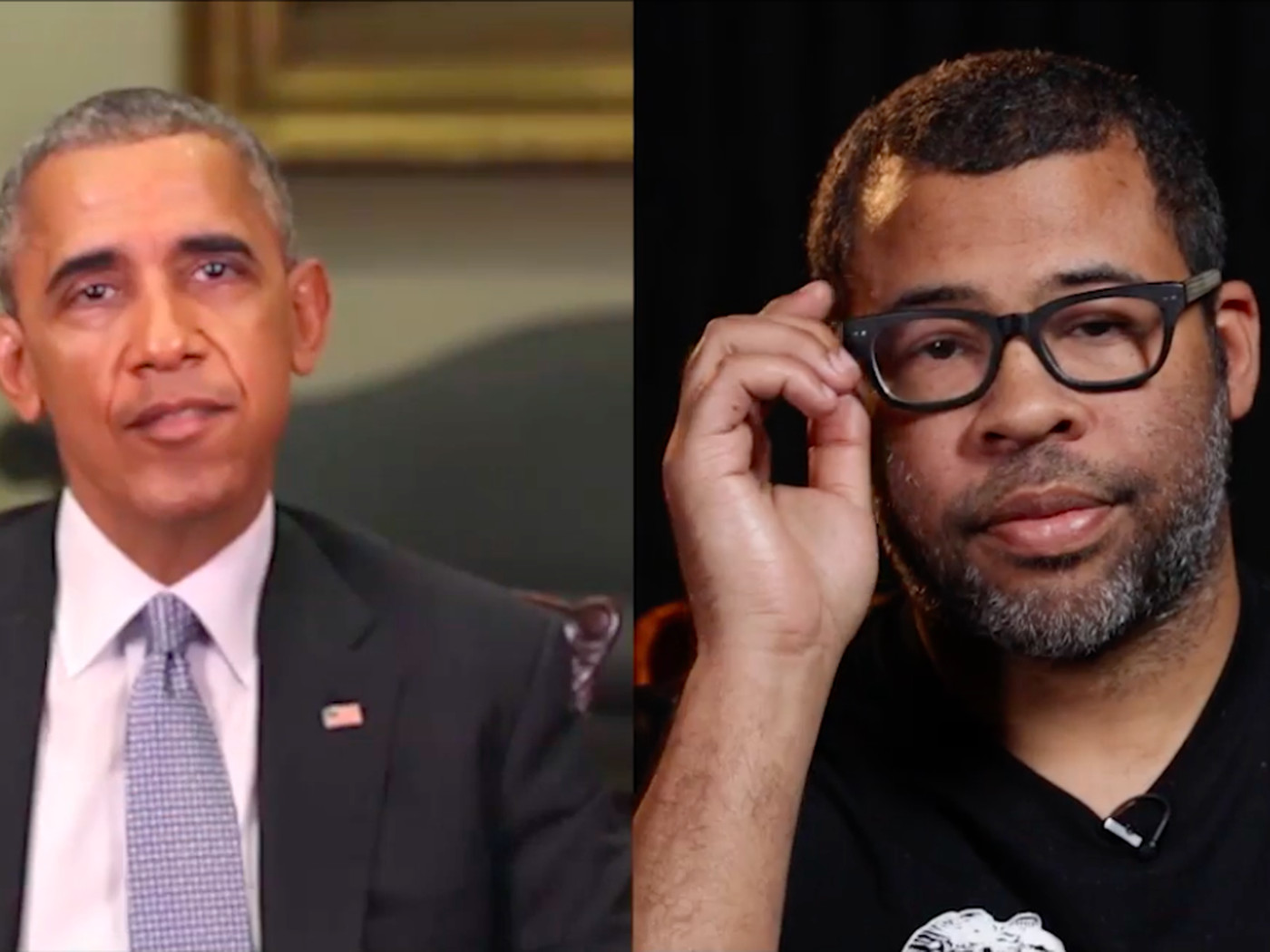

 information on a very important topic for communications professionals. As the person responsible for regularly producing content for my organization’s website, newsletters, and social media platforms, I found Deziel’s session to be invaluable. It greatly expanded my perspective on what’s possible regarding creating fresh, quality content that helps to enhance my organization’s engagement with our public. I have since downloaded Deziel’s content matrix and shared it with my staff. It has already made our brainstorming sessions on story ideas more efficient and a lot less stressful. And, it was great to also find on Deziel’s website,
information on a very important topic for communications professionals. As the person responsible for regularly producing content for my organization’s website, newsletters, and social media platforms, I found Deziel’s session to be invaluable. It greatly expanded my perspective on what’s possible regarding creating fresh, quality content that helps to enhance my organization’s engagement with our public. I have since downloaded Deziel’s content matrix and shared it with my staff. It has already made our brainstorming sessions on story ideas more efficient and a lot less stressful. And, it was great to also find on Deziel’s website, 




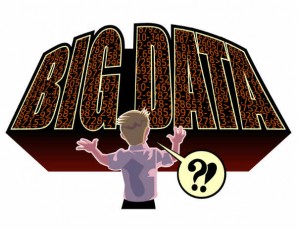 small, unscientific survey of my family members. When I bring up the subject or simply ask the question, “What do you think about big data?” My family instantly goes into a negative reaction, saying things like, “Don’t like it” and “It’s bad.”
small, unscientific survey of my family members. When I bring up the subject or simply ask the question, “What do you think about big data?” My family instantly goes into a negative reaction, saying things like, “Don’t like it” and “It’s bad.”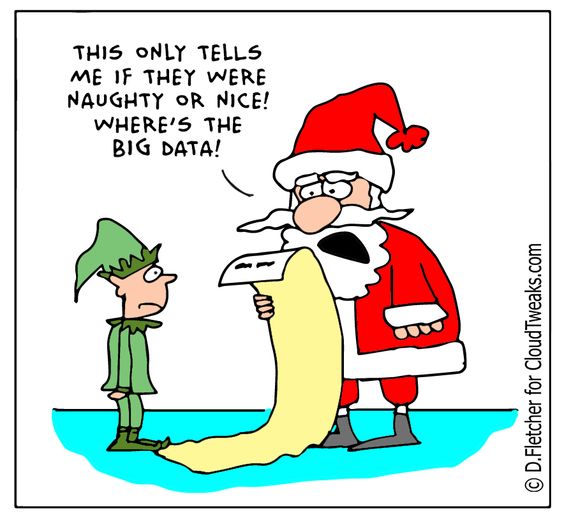 complex and varied, they may contain web browsing histories, financial transactions, several demographics, and buying habits. Big data requires special software to analyze it and store it. Additionally, it requires the
complex and varied, they may contain web browsing histories, financial transactions, several demographics, and buying habits. Big data requires special software to analyze it and store it. Additionally, it requires the  The following information was cited in Wikipedia, under the definition of big data, describing the sheer volume of data that large digital companies contend with:
The following information was cited in Wikipedia, under the definition of big data, describing the sheer volume of data that large digital companies contend with:
